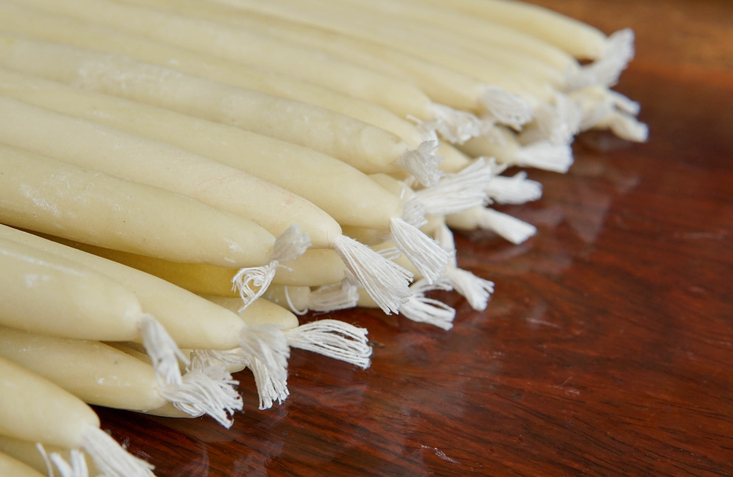push
(verb, noun)
/pʊʃ/
 LISTEN
LISTEN


If your car breaks down, you might need to push it!
To push means ‘to move something or someone away from yourself using force.’ It is also used figuratively meaning ‘to urge someone to do something’ or ‘to promote or demand something with energy.’ Informally, to push means ‘to sell drugs.’ As a noun, a push is the act of pushing, a strong and determined effort to achieve something, or a military attack.
Example sentences
- The father pushed his child on the swing.
- My husband always pushes me to follow my dreams.
- The politician really pushed her proposal for the new law.
- Some addicts end up pushing to pay for their drugs.
- Bill gave the door a push and it swung open.
- I know you've all worked really hard and you're tired, but if we make one last push we can get the project finished by the end of the month!
- The general ordered a massive push for the following day.
Words often used with push
push someone around: try to make someone do what you want. Example: “I know he’s your boss, but he shouldn’t talk to you like that! Don’t let him push you around.”
push off (UK): an informal way of telling someone to go away. Example: “I’m trying to work and you keep distracting me! Push off!”
push something through: get approval for something. Example: “The government is trying to push through new security measures.”
at a push (UK): just about, if you really have to. Example: “I’m very busy at the moment, so I can’t do this work until Friday. At a push, I might manage to do it on Thursday, if you really can’t wait.”
when push comes to shove, if push comes to shove: when you are forced to take action. Example: “My brother and I don’t always get along, but when I lost my job last year, he really helped me out. I guess that when push comes to shove, he does really care about me.”
push up daisies, push up the daisies: a euphemism for being dead and buried (because you are under the ground with daisies growing above you). Example: “The old man lived alone; his wife had been pushing up the daisies for many years.”
push your luck: take a risk because you think you will continue to have good fortune. Example: “The business has done very well this year, but I think opening a new branch would be pushing our luck.”
In pop culture
Pushing Daisies was a TV show about a man who could bring people (and any other living thing) back from the dead. You can see the trailer here:
Did you know?
A word related to push is pushover, which is an informal term for someone who always gives in to what others want. For example, if a parent tries to send the kids to bed, but the kids beg to be allowed to stay up and the parent gives in, you could call that person a pushover.
Other forms
pusher (noun)
Origin
Push dates back to the late 13th century, in the form of the Middle English verb pushen, poshen or possen. It came into English from the Middle French pousser and the Old French po(u)lser, and can be traced back to the Latin verb pulsāre (to beat, strike or push), from the Proto-Indo-European root pel– (to trust, strike or drive). It is related to the French pousser, the Spanish posar, expulsar and impulsar, and many other Romance language words, as well as the Greek pallein (to wield, brandish or swing) and pelemizein (to shake or cause to tremble), the Old Church Slavonic plŭstĭ (to thrust or drive), and English words such as anvil, appeal, catapult, compel, expel, filter, impulse, peal, polish, propel, pulse, repeal and repel. The figurative senses ‘to urge someone to do something’ and ‘to promote’ both appeared in the early 18th century, and this sense has been used informally meaning ‘to sell drugs’ since the mid-20th century. The expression to push your luck was first used in the mid-18th century, while to push someone around and to push up daisies are both from the early 20th century. The noun comes from the verb, and dates back to the mid-16th century. The phrase when push comes to shove was first used in the 1930s.
Word of the Day is released Monday through Friday.


